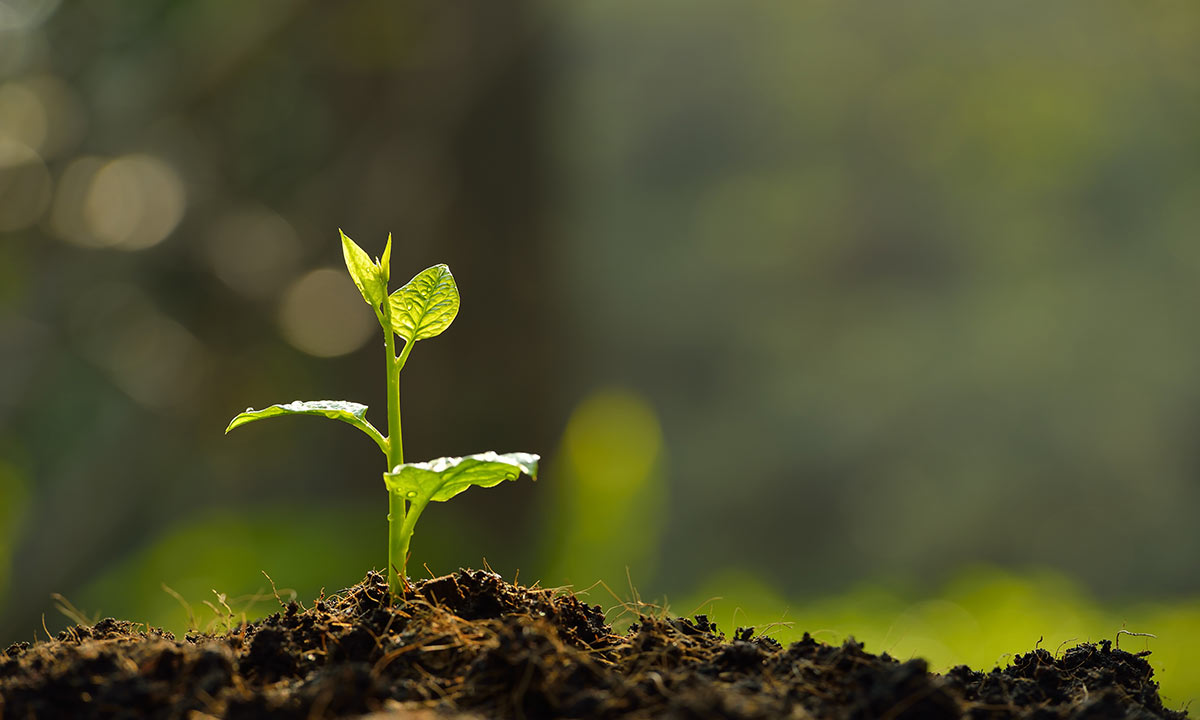Even as people worldwide stay home to help slow the growth of the coronavirus, some bright spots might be beginning to emerge. These include everything from reduction in pollution levels, to increased local self-sufficiency as neighbours pull together to ensure vital services continue to be delivered.
Clearing the Air
For example, when the COVID-19 pandemic is past, societies may adopt measures that would lower greenhouse gas emissions, from more teleconferencing to shortening global supply chains.
At the global level, drops in worldwide pollution levels resulting from fewer people driving and lower industrial production, may have given us a glimpse into the impact we can create by taking measures to address climate change. Everything from teleconferencing to shortening global supply chains has been contributing to cleaner air according to the World Economic Forum. As a benefit, stars, cityscapes, and landscapes are more visible through the clearer air, even in densely populated areas. And with the decrease in motor vehicle traffic, the sounds of songbirds heralding the arrival of spring are more audible.
Cooperation Across the Country
Across the country, governments are working to help coordinate and deliver programs and services to help Canadians through the pandemic. Schools and workplaces have moved quickly to implement online classroom and office solutions to deal with the unexpected challenge of public closures — and with more people working from home, animal shelters are reporting that pet adoptions have increased.
Connecting Neighbours
In neighbourhoods across Canada, people are working to ensure the most vulnerable members of our society, such as seniors, are cared-for. Whether it’s by volunteering to shop for groceries, or by participating in mask “sewing bees” to provide protective equipment for caregivers, cities have banded together to help others. Some creative communities even organized window scavenger hunts for kids seeking distraction while schools and playgrounds are closed.
Changing Personal Spending Habits
In individual households, patterns of daily activity have shifted. Many who would otherwise be commuting, dining out or shopping are instead remaining at home. Families are spending more time together. Fast food has been replaced by prepared meals. Going to the movies has been replaced with Netflix family movie nights, playing games, and doing puzzles together. And going out with friends for dinner or drinks is now connecting via video-conferencing. People are also developing new skills, such as bread-baking, to help them remain resilient and self-sufficient.
All this may mean a positive change in household budgets. Spending on commuting, work lunches, daycare and restaurants can decline or even disappear. One survey showed that monthly spending on credit cards for the final week of March 2020 was down 60 per cent year over year. As a result, Canadians may be able to save more, and use those savings to either to build an emergency fund, reduce debt, or save it for a future goal.
Taken together, all these seemingly unconnected effects may reflect how Canadians are adapting to stay at home mandates and still creating fulfilling lives. Amidst the challenges of social distancing, COVID-19 may provide Canadians with a chance for a fresh start, the ability to hit the reset button, and the ability to create a brighter future for themselves.
This article is intended as general information only and is not to be relied upon as constituting legal, financial or other professional advice. A professional advisor should be consulted regarding your specific situation. Information presented is believed to be factual and up-to-date but we do not guarantee its accuracy and it should not be regarded as a complete analysis of the subjects discussed. All expressions of opinion reflect the judgment of the authors as of the date of publication and are subject to change. No endorsement of any third parties or their advice, opinions, information, products or services is expressly given or implied by Royal Bank of Canada or any of its affiliates.



















